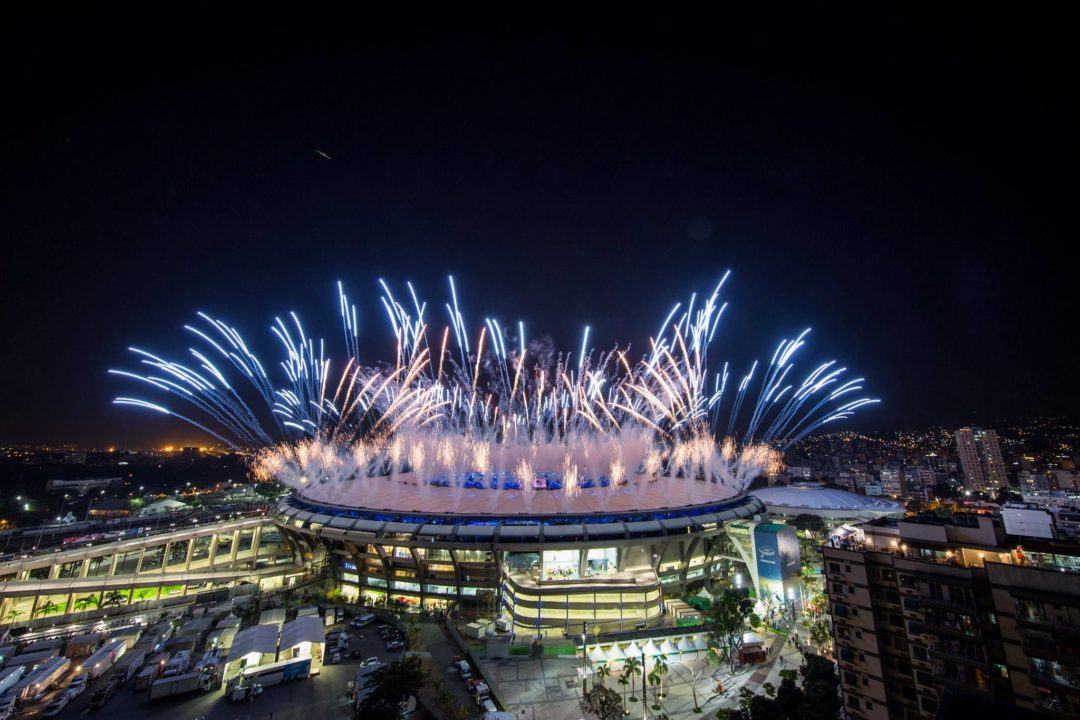The World Anti-Doping Agency (WADA) has published its ‘Independent Observers Report’, which serves as an overall evaluation of the anti-doping efforts and processes in place during the 2016 Rio Olympic Games.
The report praises the Laboratório Brasileiro de Controle de Dopagem (Brazilian Doping Control Laboratory) for effectively responding to WADA and/or IOC requirements as a result of the McLaren report, saying that the lab was, overall, ‘superbly equipped, operated very securely and generally very efficiently. ‘The Brazilian lab now represents ‘an outstanding legacy from the Games for the anti-doping movement in South America,’ reads the report.
However, through its observations of the anti-doping system, including the test distribution planning, sample collection and transport to the WADA-accredited anti-doping laboratory in Brazil, among other things, the Independent Observers (IO) list out several key, eye-opening ‘failings’ within the same document. Quite candidly, the report reads, ‘it was only due to the enormous resourcefulness and goodwill of some key doping control personnel working at the Games that the process did not break down entirely.’
The IO assessed that there was a ‘lack of coordination/unified approach among the management team in the Rio 2016 anti-doping department during the Games itself.’ The report describes how budget cutbacks meant restricted resources, such as a loss of a contract for trained phlebotomists, as well as 30% fewer system chaperones than originally anticipated.
Logistical problems also plagued the Games’ anti-doping efforts, as the ‘lack of proper test events’ highlighted the inadequate staff training and sport-specific knowledge at particular venues. Proper doping control equipment and technology in the Athletes Village and competition venues was also lacking, as was a significant amount of athletes’ whereabouts information. For the latter issue, as of August 8th, only 4,795 of the 11,303 (42%) athletes entered for the Games were providing whereabouts information in ADAMS, the Anti-Doping Administration and Management System.
As Therapeutic Use Exemptions (TUEs) have been in the headlines as of late due to the medical data hack spanning multiple sports, it’s worth noting that the TUE Committee in Rio received a total of 67 applications, with 15 of those having been for substances or administration methods for which a TUE was not required. The TUEC granted all of the remaining 52 TUE applications.
You can review the WADA IO Report in its entirety here.
AB

Good. It’s a horrible breach of privacy that athletes have to check-in at all.
This reads like a pre emptive manouvre – like the Friday 5 pm data drops .Fancy Bears must have something pertinent .
For the downticker – it was I who posted the Bill Clinton +Huma + Anthony cryptic hint yesterday .Today wham bam thank you m’aam.
You’ve got to have multi levels pf perceptions today .